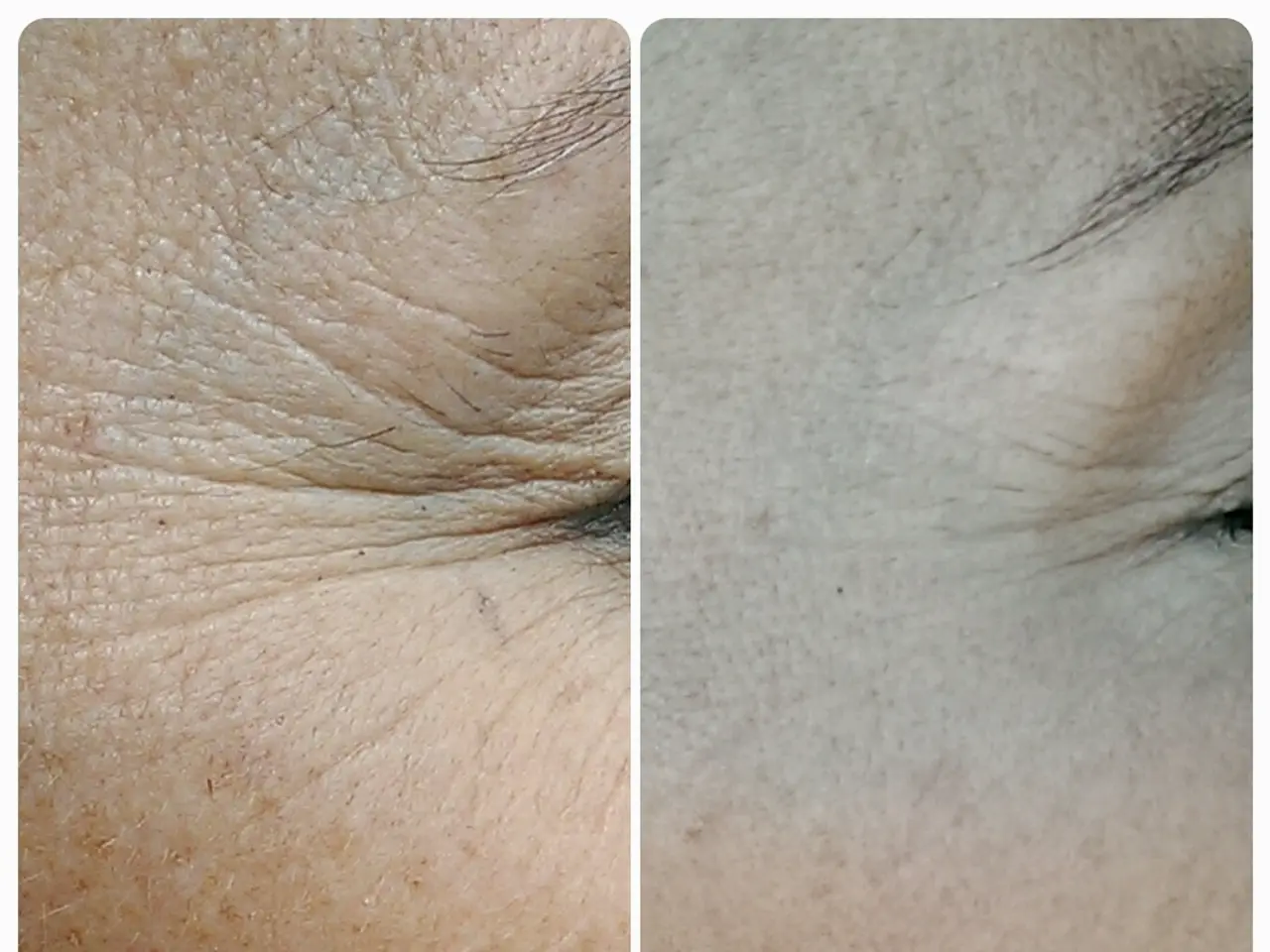Children's Hormone Exposure: Swedish Doc Warns of Risks from Parent's Meds
A Swedish pediatric endocrinologist, Dr. Cecilia Gunnarsson, has raised alarm after witnessing at least six cases of young children unintentionally exposed to hormone medication through close contact with a parent. The incidents involve both testosterone and estrogen, leading to significant physical changes in the children.
The most striking case involves a baby girl who developed a 'micropenis' after skin-to-skin contact with her father's chest, where he had applied testosterone gel for hypogonadism. The gel, prescribed for low testosterone levels, caused the baby's clitoris to elongate and labia to fuse, resembling male genitalia. Fortunately, the condition reversed once the father stopped using the gel and exposure ceased.
In another instance, a 10-year-old boy developed breasts after coming into contact with estrogen cream his mother had been using. Testosterone replacement therapy (TRT) and estrogen therapy are becoming increasingly popular, with US prescriptions jumping from 7.3 million in 2019 to over 11 million in 2021. However, these medications can have serious side effects, including acne, fluid retention, testicular shrinkage, reduced fertility, and worsened sleep apnea in the case of TRT. To prevent such accidental exposure, healthcare providers advise users to wash their hands thoroughly after application and rinse the treated area before any skin-to-skin contact.
These cases highlight the importance of careful handling and awareness of hormone medications, especially in households with young children. While these therapies can greatly improve quality of life for adults, they can have significant, albeit often reversible, effects on children if not used with caution.




